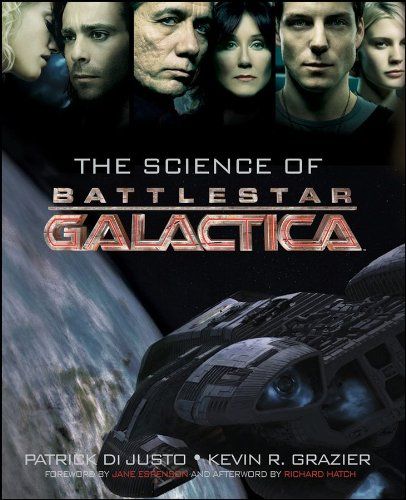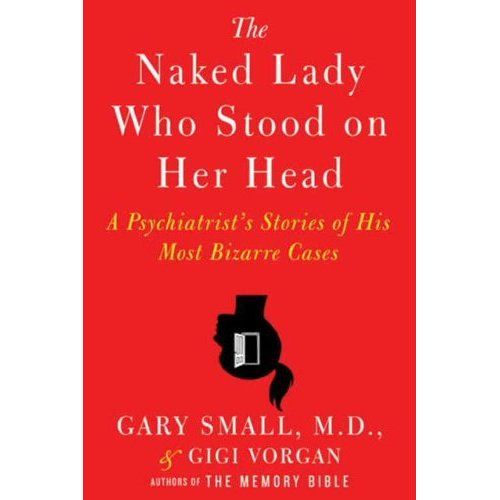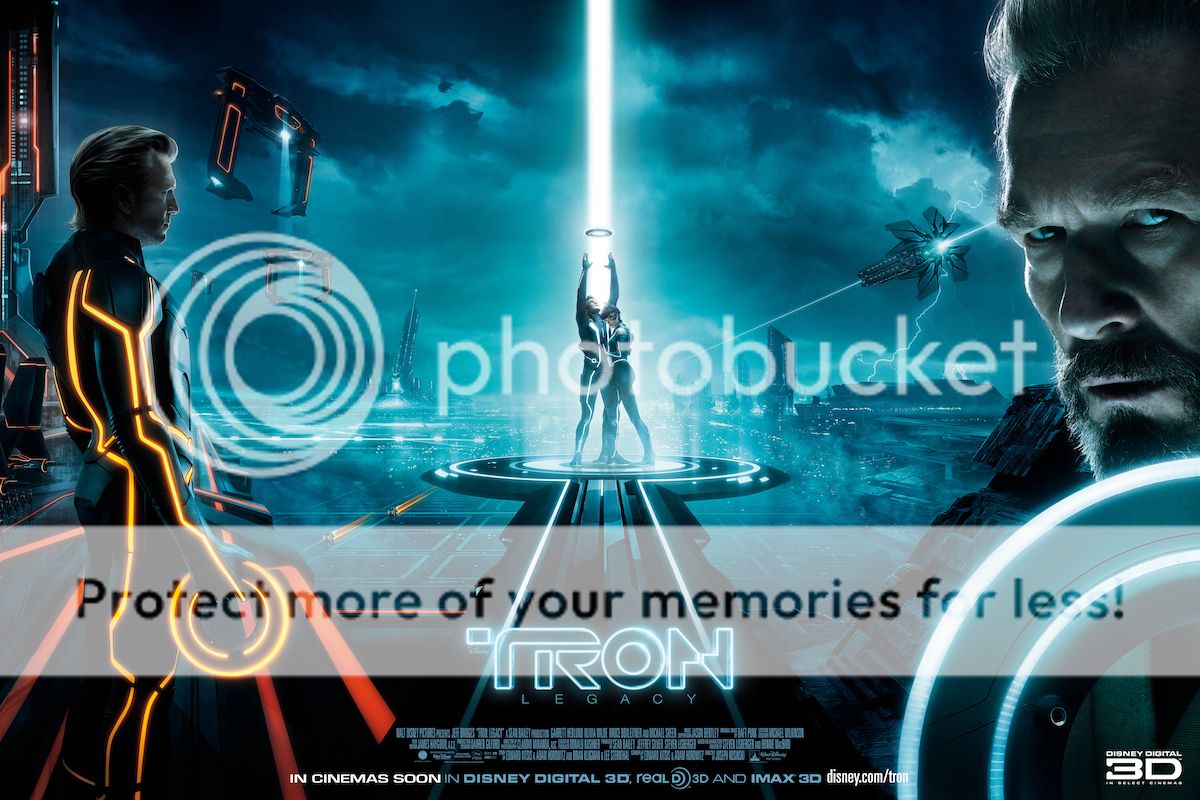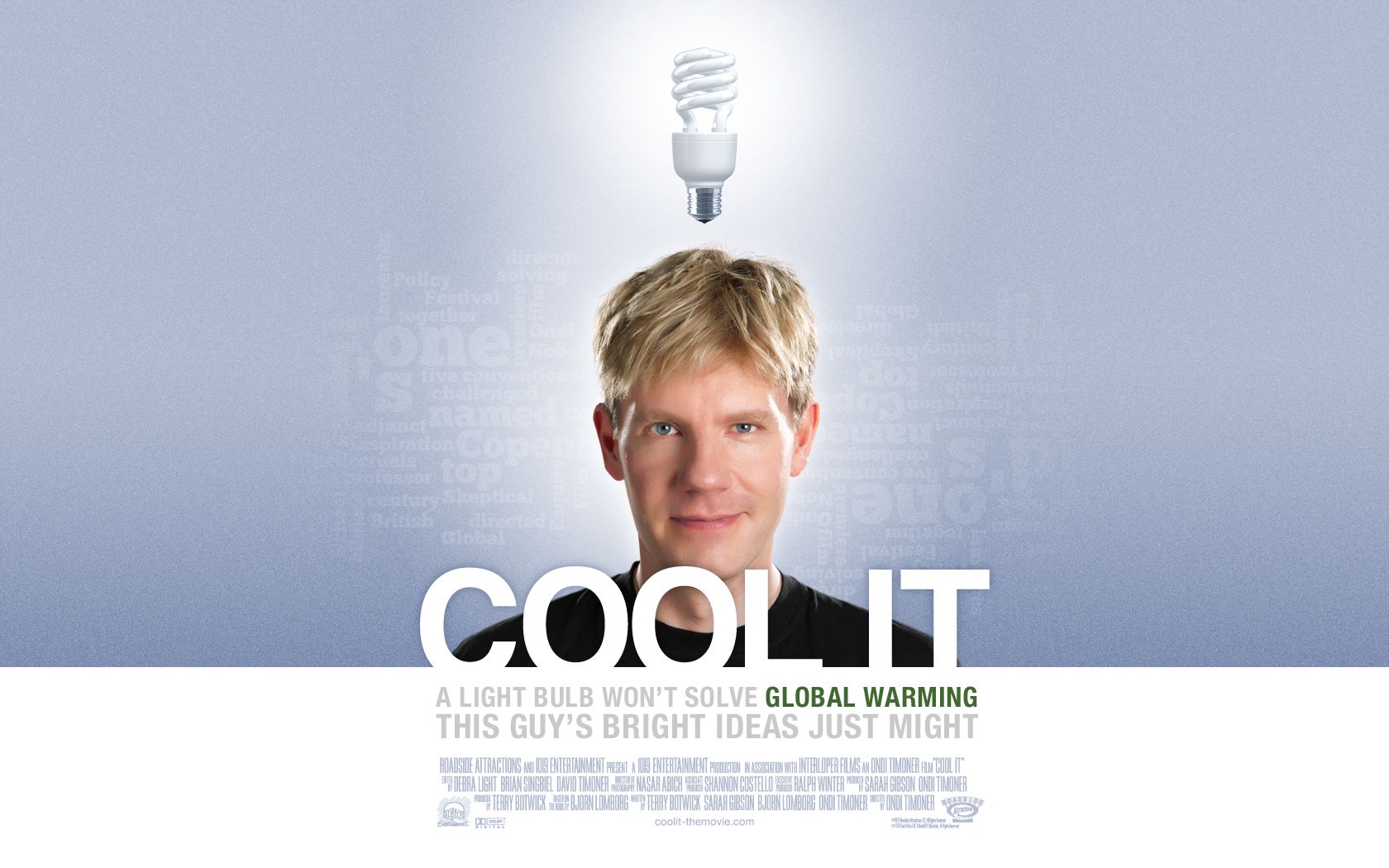
Battlestar Galactica is one of the defining, genre-changing science fiction shows of its, or perhaps any, time. The remake of the 1970s cult classic was sexy, sophisticated, and set a new standard for the science fiction shows and movies that will follow in its path. In addition to exploring staple concepts such as life, survival, politics and war, BSG reawakened its audience to science and its role in moral, ethical, and daily impact in our lives, especially given the technologically-driven era that we live in. “Writers were not allowed to jettison science for the sake of the story,” declares co-executive producer Jane Espenson in her foreword to the book. “Other than in specific instances of intentionally inexplicable phenomena, science was respected.” In an artful afterword, Richard Hatch (the original Apollo and Tom Zarek in the new series) concurs. “BSG used science not as a veneer, but as a key thematic component for driving many of the character stories… which is the art of science fiction.” The sustained use of complex, correct science as a plot element to the degree that was done in Battlestar Galactica is also a hallmark first. This is the topic of the new book The Science of Battlestar Galactica, newly released from Wiley Books, and written by Kevin R. Grazier, the very science advisor who consulted with the BSG writing staff on all things science, with a contribution from Wired writer Patrick DiJusto. Now, for the first time, everyone from casual fans to astrophysicists can gain insight into the research used to construct major stories and technology of the show—and learn some very cool science along the way. Our review of The Science of Battlestar Galactica (and our 100th blog post!) under the “continue reading” cut.
Continue reading REVIEW: ‘The Science of Battlestar Galactica’








